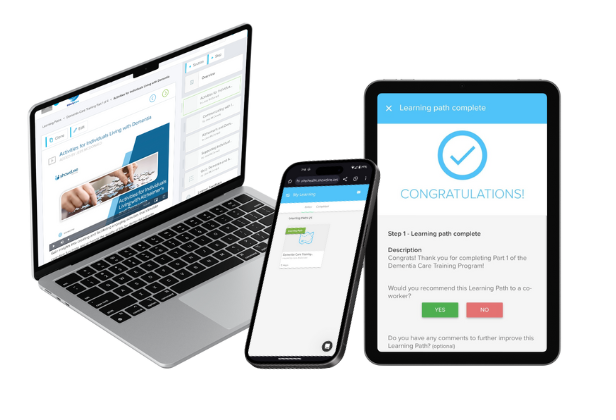ONBOARDING BEST PRACTICES
There are several things that will take your onboarding experience to the next level. As discussed above, proper onboarding is key to long term employee retention as well as other various factors.
Let’s go over some important best practices to create an onboarding process that your new hires will be excited to participate in.
1. Pre-Boarding
Onboarding actually starts with pre-boarding. All of the tasks that need to be completed should be sent before the new hire’s first day. Advise the new hire of their start time, date, and meeting location (or how to login if the position is remote)so that there is no confusion. Also, send an agenda for their first day and organize all necessary paperwork to create a smooth onboarding process. Pre-boarding simply takes care of the little things that employees need to get off to a good start so they can spend more time learning about their position.
2. Orientation
Many employees are eager to learn about their role and the company as a whole. An employee orientation will let the new hire know the company goals and the expectations for their position. During orientation, dress code, employee conduct, and other specifics can be discussed and a copy of an employee handbook should be given to them. Giving new hires a rounded view of the company on their first day is an excellent step to take.
3. Arranging Training and Development
Scheduling some time during the first few weeks for training and development is a step in getting new hires familiar with their role and the operations of their position. showd.me is a compliance training platform that provides simple and effective solutions for hiring, developing, and retaining employees remotely. Platforms like this are great for companies to use because the training can be done on-demand and remote, so new hires can do it on their own time and at their own pace.
4. Check-Ins
Onboarding should not just take place in the first few weeks or months, it should be an ongoing process. Each new hire is different, and may need different guidance depending on how quickly they adapt to their work environment. Scheduling regular check-ins is important to gauge how each individual employee is doing. This also allows the opportunity for them to provide feedback and ask for additional support if it's necessary.

Utilizing these tips will create a solid and successful onboarding experience for your organization and its new hires.
Further Reading

Let Us Show You More
See how showdme's unique service-first approach to training helps hundreds of healthcare organizations ensure compliance. Request a demo today!

